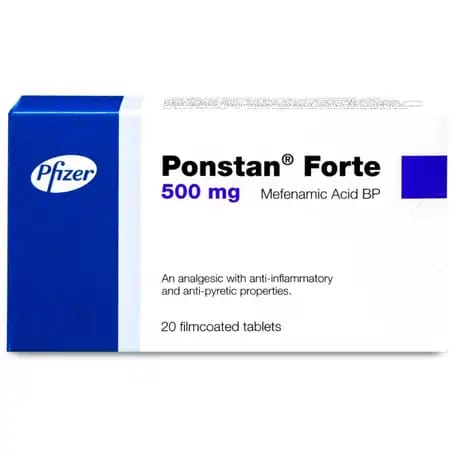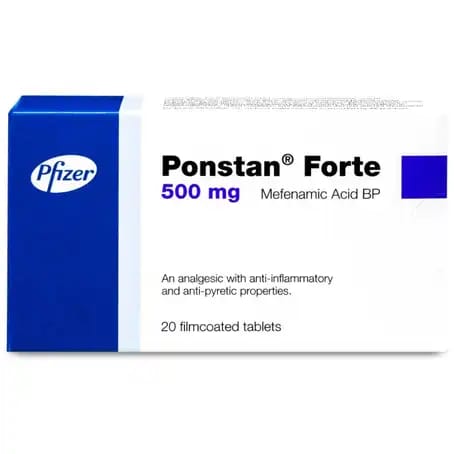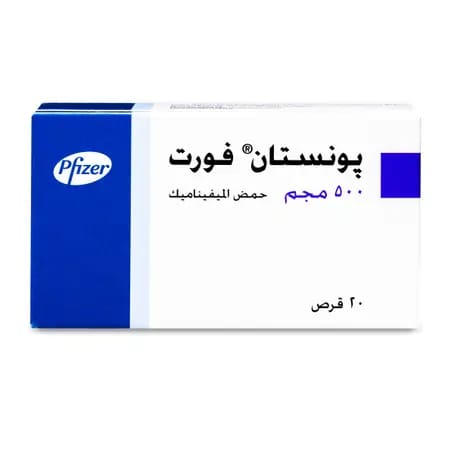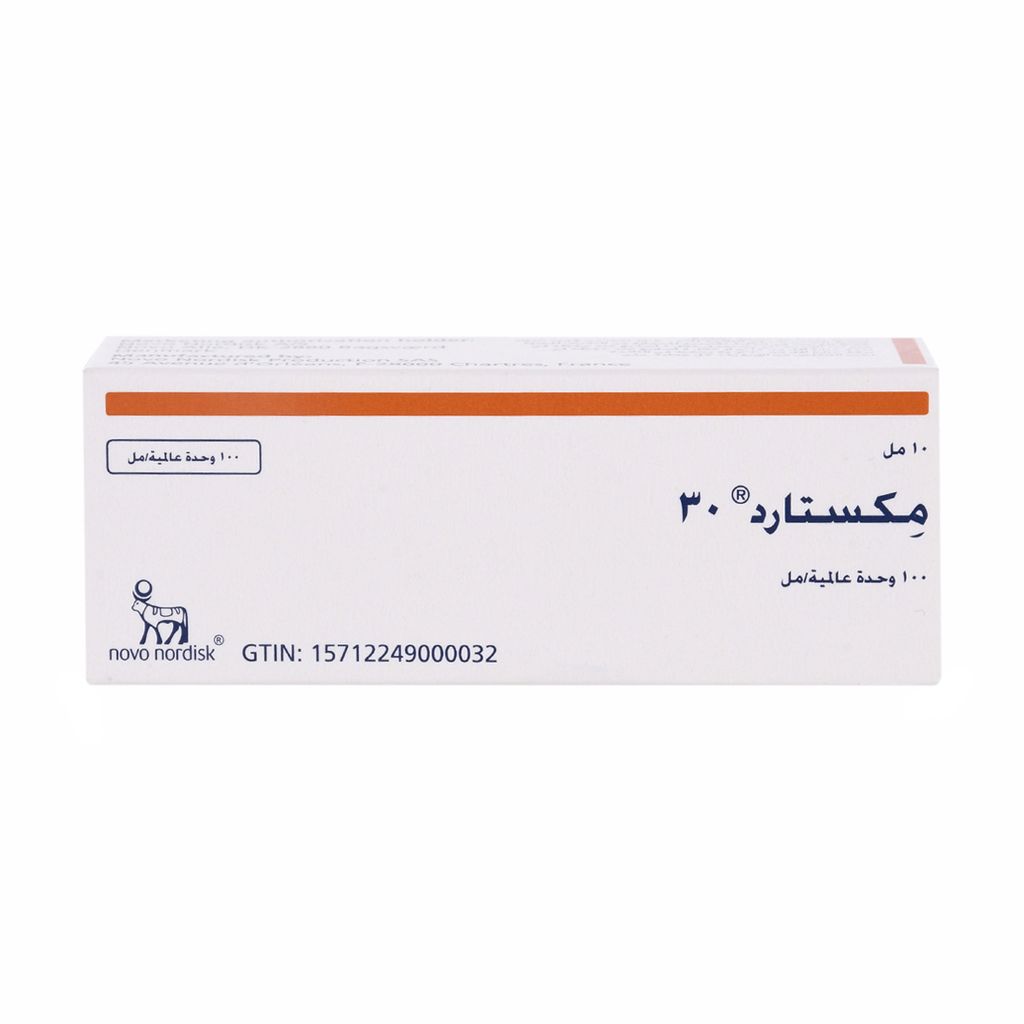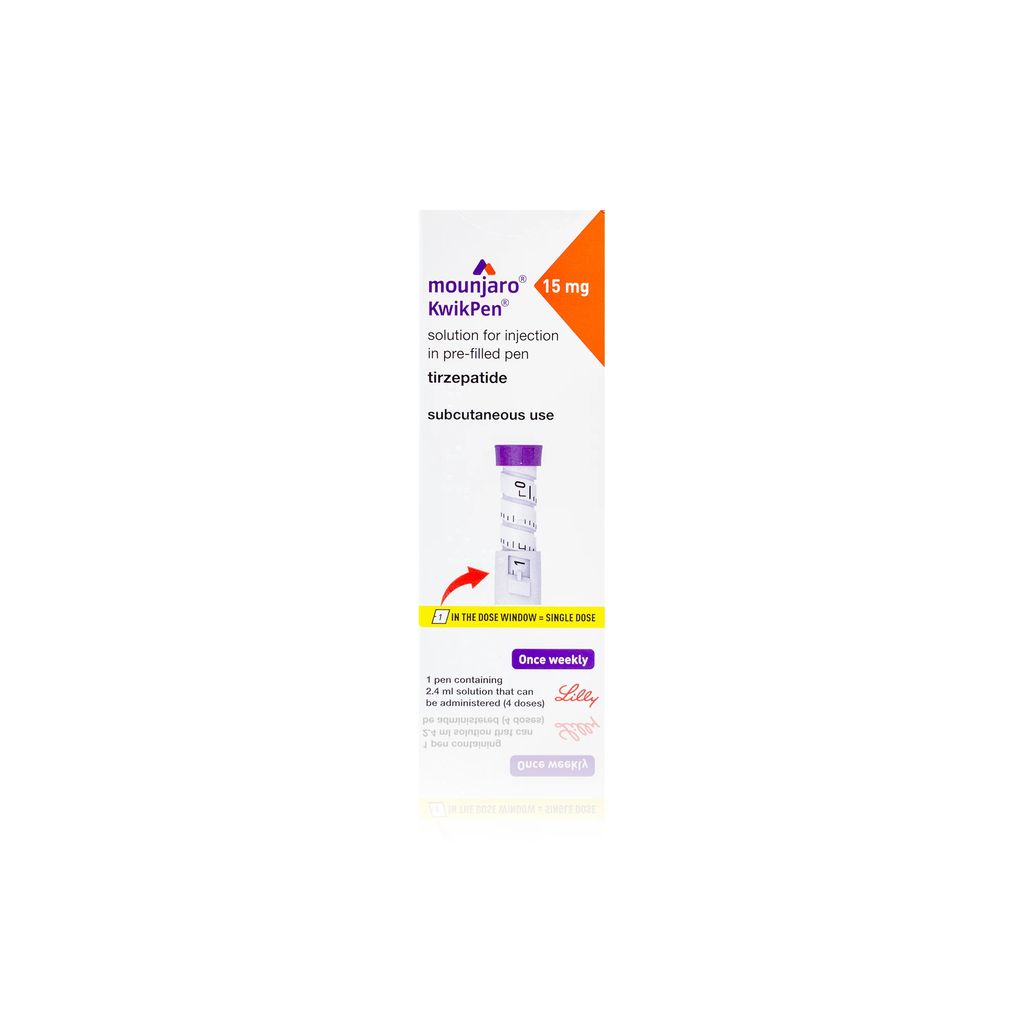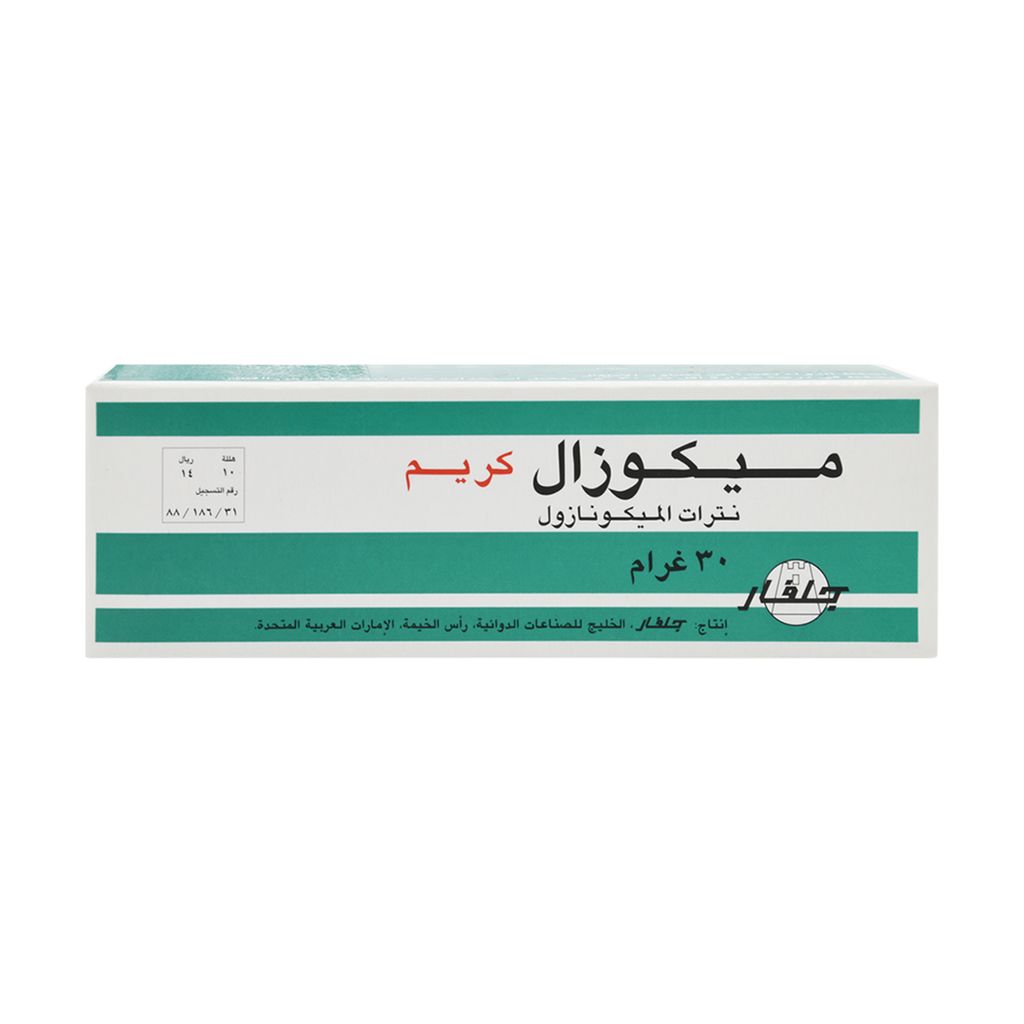What is mefenamic acid used for
Mefenamic Acid is used in patients ≥ 14 years of age:
- For relief of mild to moderate pain, when therapy will not exceed one week (7 days)
- For treatment of primary dysmenorrhea.
Do not take mefenamic acid if:
- You have a cardiovascular risk: mefenamic acid may cause increased risk of serious cardiovascular thrombotic events, myocardial infarction, and stroke, which can be fatal.
- You have gastrointestinal risk: mefenamic acid cause an increased risk of serious gastrointestinal adverse events including bleeding, ulceration, and perforation of the stomach or intestines, which can be fatal.
- You have hypersensitivity to mefenamic acid.
- You have experienced asthma, urticaria, or allergic-type reactions after taking aspirin or another anti-inflammatory.
- You have a preexisting renal disease.
Warnings and precautions
Talk to your doctor or pharmacist before taking mefenamic acid if you have or have had any medical conditions, especially the following:
- Vomiting blood or bleeding from the back passage, blood clots, anemia.
- Heart diseases such as: heart failure, heart attack, stroke, hypertension.
- Heartburn, indigestion, stomach ulcer, diarrhea.
- Intestinal problems.
- Asthma.
- Any skin rash.
Possible side effects
All medicines can have side effects. Sometimes they are serious, most of the time they are not. You may need medical treatment if you get some of the side effects.
Tell your doctor if you notice any of the following and they worry you:
- Stomach upset including nausea, vomiting, heartburn, indigestion, cramps, bleeding.
- Heart failure, hypertension, tachycardia.
- Asthma.
- Loss of appetite, diarrhea, constipation, pain in the stomach.
- Fluid retention, swelling.
- Dizziness, drowsiness, nervousness, headache, sleeplessness.
Other medicines and mefenamic acid
Tell your doctor if you are using, have recently used or might use any other medicines.
- ACE-inhibitors and diuretics (used for hypertension).
- Aspirin.
- Lithium.
- Methotrexate.
- Warfarin.
- Antacids.
How to take mefenamic acid
- For the relief of acute pain in adults and adolescents= 14 years of ages, the recommended dose is 500 mg as an initial dose followed by 250 mg every 6 hours as needed, usually not to exceed one week
- For the treatment of primary dysmenorrhea, the recommended dose is 500 mg as an initial dose followed by 250 mg every 6 hours not to exceed 2 to 3 days.
How to store mefenamic acid
- Keep it out of the reach of children.
- Keep your capsules in the pack until it is time to take them.
- Keep the capsules in a cool dry place where the temperature stays below 30°C.
- الرئيسية
- الأدوية
- أدوية وصفية
- Ponstan-Forte 500 mg Tablet 20 pcs
Ponstan-Forte 500 mg Tablet 20 pcs
 15.3
15.3What is mefenamic acid used for
Mefenamic Acid is used in patients ≥ 14 years of age:
- For relief of mild to moderate pain, when therapy will not exceed one week (7 days)
- For treatment of primary dysmenorrhea.
Do not take mefenamic acid if:
- You have a cardiovascular risk: mefenamic acid may cause increased risk of serious cardiovascular thrombotic events, myocardial infarction, and stroke, which can be fatal.
- You have gastrointestinal risk: mefenamic acid cause an increased risk of serious gastrointestinal adverse events including bleeding, ulceration, and perforation of the stomach or intestines, which can be fatal.
- You have hypersensitivity to mefenamic acid.
- You have experienced asthma, urticaria, or allergic-type reactions after taking aspirin or another anti-inflammatory.
- You have a preexisting renal disease.
Warnings and precautions
Talk to your doctor or pharmacist before taking mefenamic acid if you have or have had any medical conditions, especially the following:
- Vomiting blood or bleeding from the back passage, blood clots, anemia.
- Heart diseases such as: heart failure, heart attack, stroke, hypertension.
- Heartburn, indigestion, stomach ulcer, diarrhea.
- Intestinal problems.
- Asthma.
- Any skin rash.
Possible side effects
All medicines can have side effects. Sometimes they are serious, most of the time they are not. You may need medical treatment if you get some of the side effects.
Tell your doctor if you notice any of the following and they worry you:
- Stomach upset including nausea, vomiting, heartburn, indigestion, cramps, bleeding.
- Heart failure, hypertension, tachycardia.
- Asthma.
- Loss of appetite, diarrhea, constipation, pain in the stomach.
- Fluid retention, swelling.
- Dizziness, drowsiness, nervousness, headache, sleeplessness.
Other medicines and mefenamic acid
Tell your doctor if you are using, have recently used or might use any other medicines.
- ACE-inhibitors and diuretics (used for hypertension).
- Aspirin.
- Lithium.
- Methotrexate.
- Warfarin.
- Antacids.
How to take mefenamic acid
- For the relief of acute pain in adults and adolescents= 14 years of ages, the recommended dose is 500 mg as an initial dose followed by 250 mg every 6 hours as needed, usually not to exceed one week
- For the treatment of primary dysmenorrhea, the recommended dose is 500 mg as an initial dose followed by 250 mg every 6 hours not to exceed 2 to 3 days.
How to store mefenamic acid
- Keep it out of the reach of children.
- Keep your capsules in the pack until it is time to take them.
- Keep the capsules in a cool dry place where the temperature stays below 30°C.
منتجات قد تعجبك ايضاً
 65 وفر 0% وفر
65 وفر 0% وفر  0
0 1261.4 وفر 0% وفر
1261.4 وفر 0% وفر  0
0ميكوزال
Mikozal Cream 30g
 14.1 وفر 0% وفر
14.1 وفر 0% وفر  0
0